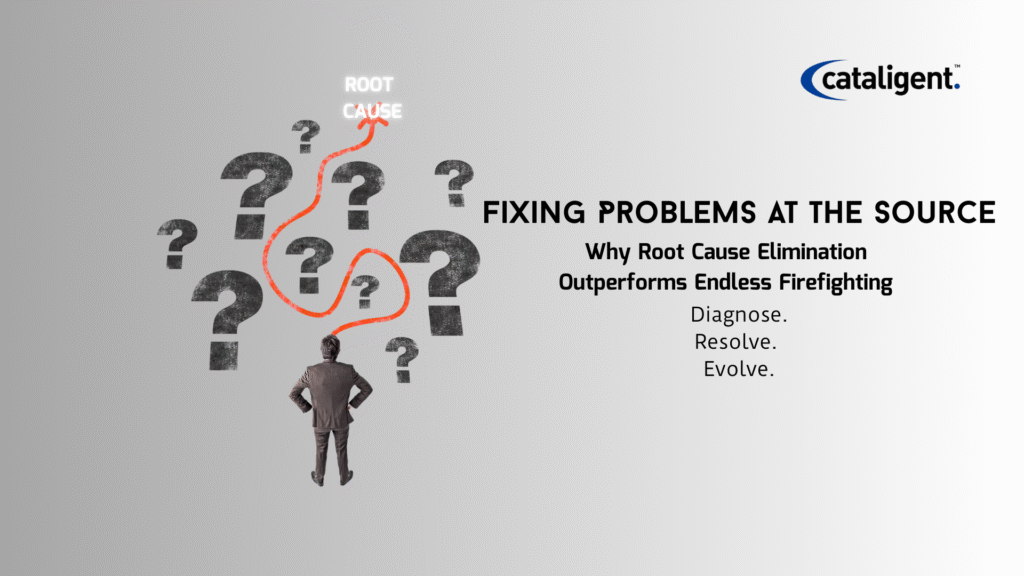Knowledge Management: Capturing & Reusing Lessons, Reducing Resolution Times

What is Knowledge Management? Knowledge Management (KM) within IT Service Management (ITSM) is a systematic process for capturing, organizing, sharing, and leveraging information gained from IT operations and service management activities. It focuses on turning raw operational data, solutions, lessons learned, and best practices into structured knowledge that can be applied to enhance decision-making, streamline […]
Service Level Management: Ensuring SLAs are Met & Stakeholder Expectations Managed

What is Service Level Management? Service Level Management (SLM) is a critical IT Service Management (ITSM) practice that ensures IT services are delivered according to defined Service Level Agreements (SLAs). It encompasses defining, monitoring, reporting, and improving service commitments to align IT performance with business objectives. SLM acts as a bridge between IT service providers […]
Problem Management: Root Cause Elimination vs Repetitive Firefighting

What is Problem Management? Problem Management is a proactive discipline within IT Service Management (ITSM) that focuses on identifying, analyzing, and eliminating the root causes of incidents rather than merely resolving individual occurrences. While incident management is reactive, responding to issues as they arise, problem management takes a long-term perspective to prevent the recurrence of […]
Change Management & Configuration Management: Reducing Disruption from Change

What is Change Management & Configuration Management? Change Management is a structured approach to implementing updates, upgrades, and modifications in IT systems, ensuring that these changes occur smoothly and with minimal disruption. Configuration Management involves maintaining accurate and comprehensive records of all IT assets, their configurations, and interdependencies. Together, these practices provide visibility into the […]
Risk Management & Preventive Measures vs Reactive Problem Solving

What is Risk Management & Preventive Measures? Risk management is the systematic process of identifying, evaluating, and mitigating potential threats to an organization’s operations, finances, reputation, or strategic objectives. Preventive measures are proactive actions and strategies designed to reduce the likelihood of risks occurring or minimize their potential impact. Unlike reactive problem-solving, which addresses issues […]
Using Real-Time Financial Tracking & Variance Analysis Tools
What is Real-Time Financial Tracking & Variance Analysis? Real-time financial tracking involves continuously monitoring organizational expenses, revenues, and budget adherence using automated systems. Variance analysis is the process of comparing actual financial performance against planned budgets, identifying deviations, and understanding their causes. Together, these tools provide organizations with accurate, up-to-date insights into their financial health […]
